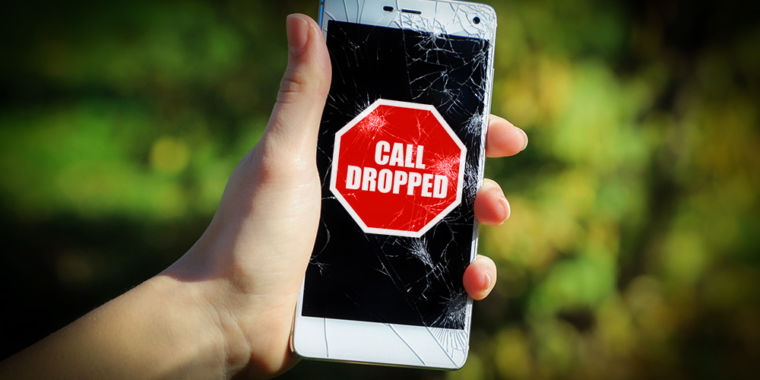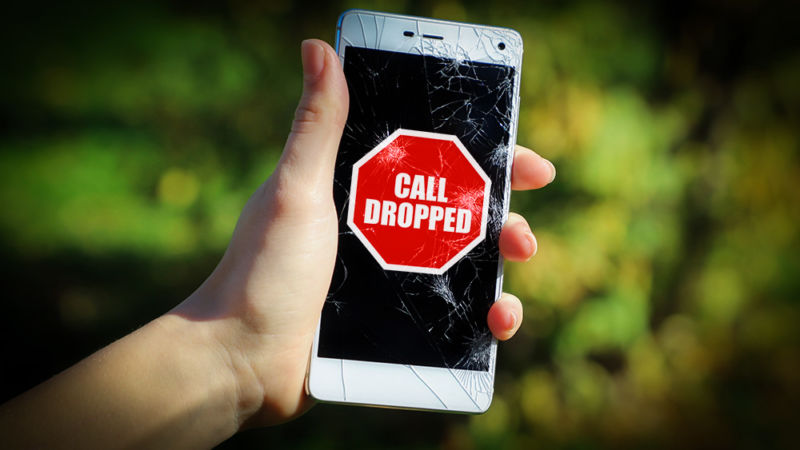

Four months after receiving a complaint claiming that Verizon “grossly overstated” its 4G LTE coverage in government filings, the Federal Communications Commission says that at least one carrier is apparently guilty of significant rules violations.
The FCC did not name any specific carrier in its announcement and did not respond to our question about whether Verizon is among the carriers being investigated. But the investigation was apparently triggered by a complaint about Verizon filed in August by the Rural Wireless Association (RWA).
The RWA, which represents rural carriers, made its case to the FCC by submitting speed test data. The speed tests showed the Verizon network wasn’t providing 4G LTE service in areas that Verizon claimed to cover, according to the RWA.
Inaccurate coverage maps could make it difficult for rural carriers to get money from the Mobility Fund, a government fund intended for unserved areas.
“A preliminary review of speed test data submitted through the challenge process suggested significant violations of the Commission’s rules,” FCC Chairman Ajit Pai said Friday in his announcement of the FCC investigation.
The FCC said its investigation focuses on “whether one or more major carriers violated the Mobility Fund Phase II (MF-II) reverse auction’s mapping rules and submitted incorrect coverage maps.”
Verizon denied filing false coverage map
The FCC last year required Verizon and other carriers to file maps and data indicating their current 4G LTE coverage in order to help the FCC determine where to distribute up to $4.5 billion in Mobility Fund money over the next 10 years.
The RWA said that Verizon “fil[ed] a sham coverage map as a means of interfering with the ability of rural carriers to continue to receive universal service support in rural areas.” Verizon denied any wrongdoing at the time, saying, “we are confident that our Mobility Fund map is fully consistent with the FCC’s mapping specifications.”
FCC Commissioner Brendan Carr said he supports Pai’s decision to investigate.
“It is deeply concerning that FCC staff’s preliminary analysis of the challenge data shows that one or more major carriers potentially violated the Commission’s MF-II mapping rules and submitted incorrect maps,” Carr said Friday. “Today’s announcement aligns with concerns I shared with Chairman Pai, and I look forward to working with him and our able staff to complete this investigation.”
Carr noted that he “heard from providers serving the Oklahoma panhandle and communities across rural America.” The RWA says that Verizon falsely claims to cover almost all of the Oklahoma Panhandle, an area of 14,778.47 square kilometers. But 89 percent of speed tests from the Oklahoma Panhandle were “below 5Mbps download speed or did not register 4G LTE service at all on Verizon-designated handsets,” the RWA said.
The FCC is in the middle of a challenge process that lets carriers dispute the data submitted by other carriers. Rural providers say they have had to devote “enormous time and financial resources” to drive tests in order to challenge Verizon’s maps.
The FCC has suspended the next phase of the challenge process pending the results of the investigation. “We must ensure that the data is accurate before we can proceed,” Pai said.









